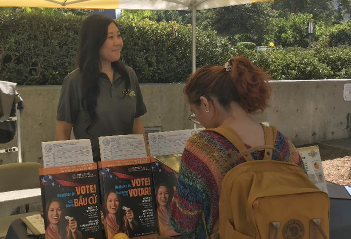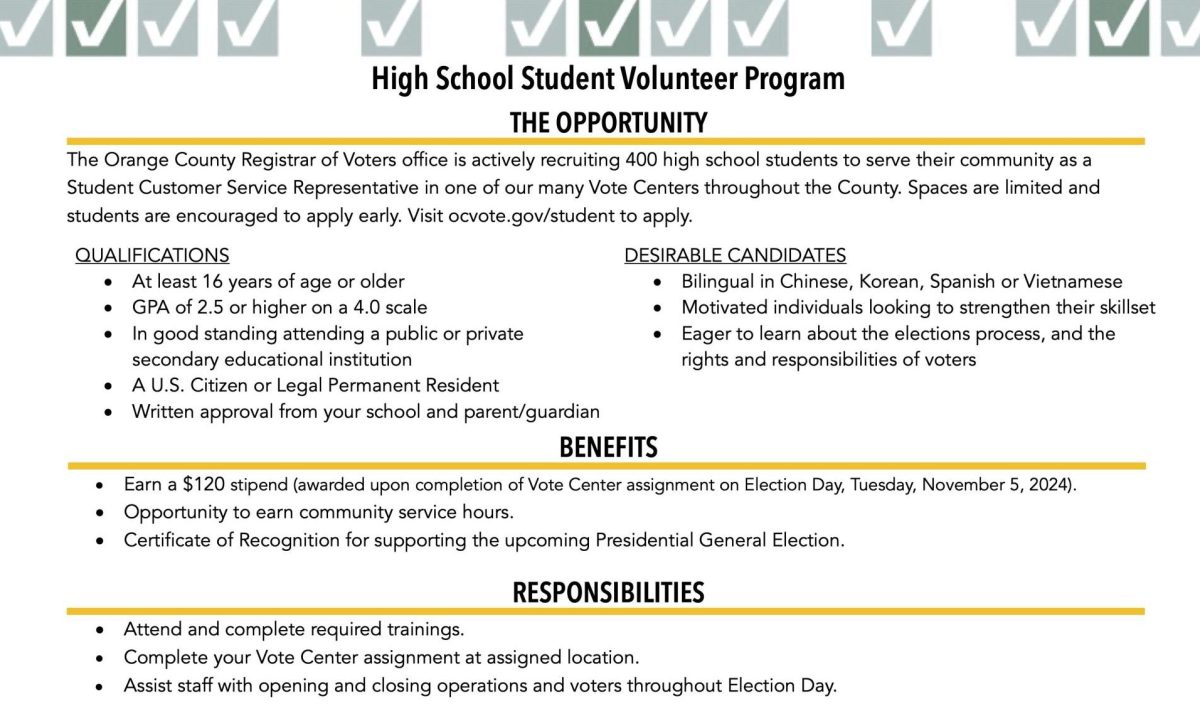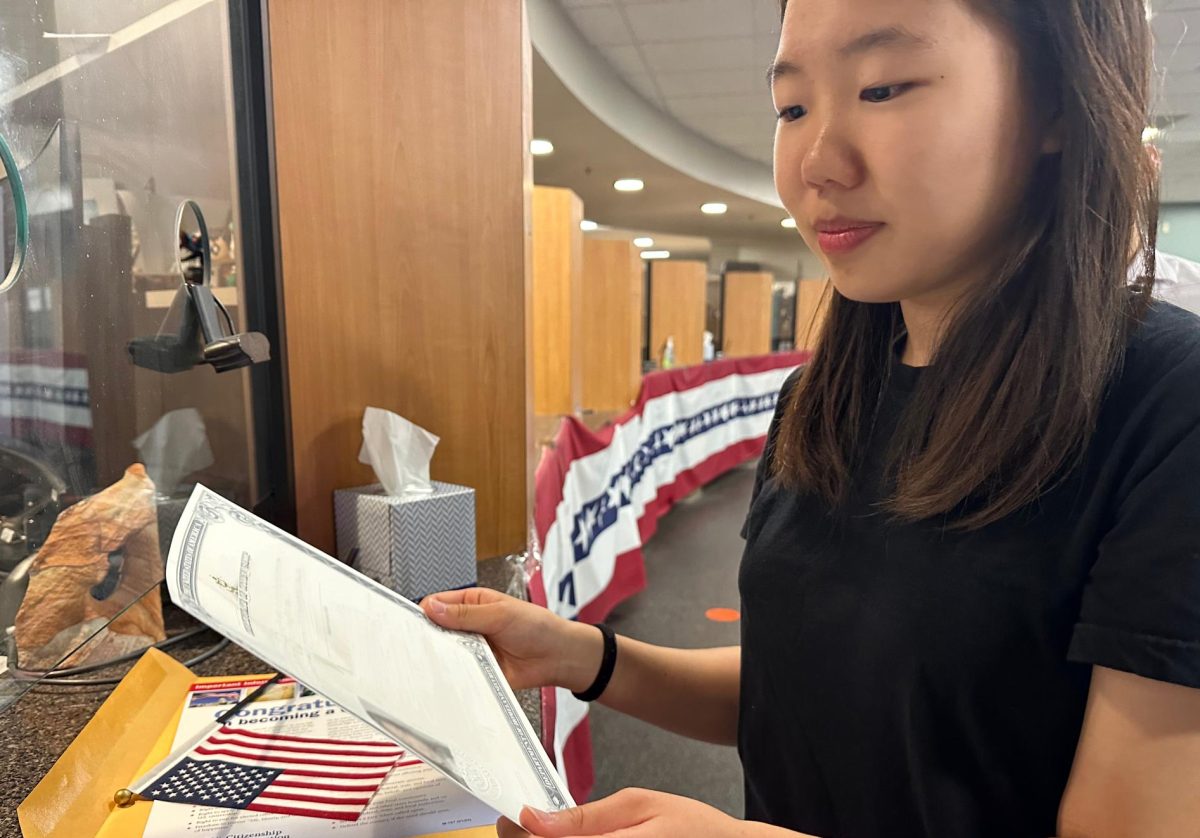I opened my phone to a new order from a customer — two rose and one vanilla flavored lip balm.
While packing the order, I realized that one lip balm was missing. I usually have 10 lip balms of each flavor in my inventory to help speed up the shipping process, but after I ran out of this lip balm, I was completely out of stock. Running low on beeswax, I quickly ordered more. My only option was to let my customer know her order would be delayed by at least a week.
Named after the Hindi word for big sister, Didi Balms, my small balm business of four years, uses high quality ingredients, consisting of shea butter, beeswax, coconut oil and essential oil, for an all natural product. When the company I purchase ingredients from runs out of stock, my inventory becomes limited since I can’t find all natural products at an affordable price.
Typically, I sell my lip balms for $3, but in accordance with inflation and the supply chain shortage caused by COVID-19 shortages, I raised my price to $4.
Shortages in the supply chain, caused primarily by the pandemic, led prices of more than just lip balm ingredients to increase significantly, forcing me to find a happy medium between affordability and profit.
The supply and demand curves, which show the relationship between quantity demanded and the supply provided, from my economics class flashed before me as I realized my new price point may cause a decrease in sales — with a shortage of supplies, the price would increase, but the demand would stay consistent since people still want to purchase goods.
After I was able to find ingredients to make enough lip balm for the order of three balms (two rose and one vanilla), I finished packaging and headed to the post office. Increasing shipping prices meant that I had to cover a portion of the shipping cost on my own. I was shocked as I forgot the post office was also experiencing strenuous times.
The shortage of ingredients causes items to arrive later than before, creating a delay in my shipping as well. I recently ordered shea butter from Amazon and waited two weeks for its arrival, rather than the typical two-day delivery I’m used to with Amazon Prime.
Delayed shipping can cause dissatisfaction in customers, so I prefer to ship orders as fast as possible. I don’t want to risk damaging my small business’s reputation with shipping delays.
One time, at the start of the pandemic, an order consisting of three peppermint lip balms was delayed for two weeks because I had to wait for my order of shea butter to arrive. I made sure to send updates on this order, and I was glad the customer understood my situation.
When I do not receive materials on time, I am forced to look for alternate ways to compensate for the delay. For this order in particular, I included a pumpkin spice lip balm for free.
For me, personal profit has been a secondary priority as I enjoy running Didi Balms as a hobby, but since the shortages, I’ve had to increase the price of my balm in order to maintain my business, creating worries about whether customers will continue to purchase my balms.
However, even after raising prices, sales haven’t dropped as much as I thought they would. I attended a business fair on Oct. 9 last year and made a three-digit profit, which eased the negative feelings I felt toward increasing my products’ prices.
Overall, the COVID-19 pandemic negatively affected my business, but my dedication to providing all natural lip balm to my customers remains strong. After experiencing the worst sales since the pandemic started, I plan on persevering through these times and continuing my business, feeling assured in my ability to stay dedicated to Didi Balms.














